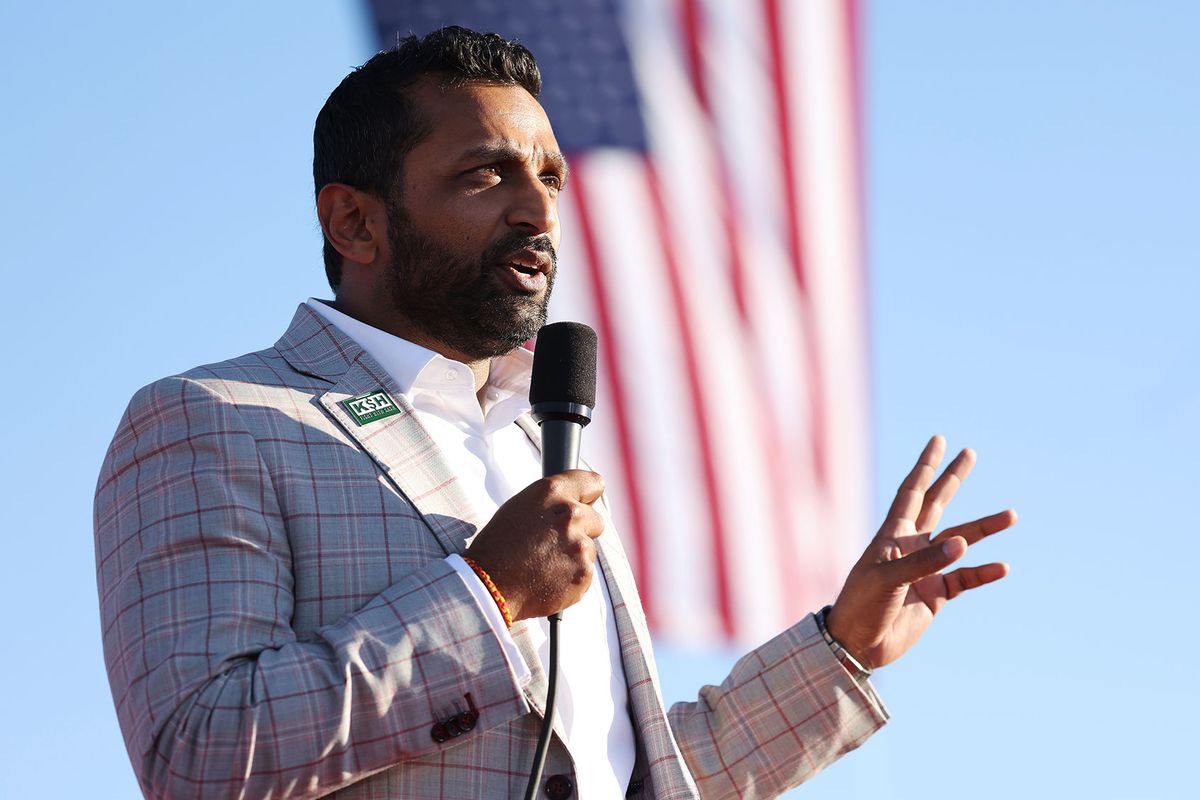- Book burning and the erasure or retelling of history;
- Trump’s latest outrageous choice for his cabinet;
- And how Trump voters are now unconcerned about voter fraud, since their side won.
Given that ideology, tradition, and storytelling are more common on the right than the left, while scientists (those interested in reality) tend to align with the left rather than the right, it’s not surprising that those who think history needs adjusting come from the right.

OnlySky, Dale McGowan, 26 Nov 2024: Book burning in the digital age, subtitled “The right has long felt that some of our history needs adjustment. How far will they go?”
At the same time, one theme that saturates this blog, aside from politics and psychology in general, is the way humans reduce everything to stories, how human memory is fallible, and how stories get retold and retold to favor the storytellers. A generalization of the notion that history is told by the winners. And most of us do it without realizing it. So what is this article about?
It begins with the details of an 1889 lynching (of a black man) in Alabama, then segues:
The process of downplaying Black suffering has been underway for well over a century, from the “Lost Cause” ideology that painted slavery as a benevolent institution through which the enslaved “developed skills which, in some instances, could be applied for their personal benefit” to recent laws restricting how educators can discuss racism and its history—a.k.a. the Critical Race Theory Panic of 2021.
This motivation never goes away (so that again, how much of history can we trust in any way?), and it’s about to make a resurgence. Conservatives who want to write their own history dismiss attempts to maintain actual history as being “woke.”
That political movement is about to take the reins of power in an unprecedented way, with fewer checks and balances than ever before. There is no reason to disbelieve their intention to act on their clearly stated plans, including “to muzzle woke propaganda” and to ensure “the woke agenda should be reversed and scrubbed from all policy manuals, guidance documents, and agendas.”
Scrubbing a nation’s memory of details that do not comport with the preferred self-image has been a high priority for authoritarians throughout history. For most of that history, this would amount to the confiscation and destruction of physical documents, books, icons, art, photographs, and other containers of memory—a process often distilled to the term “book burning.”
One can see *all* book burning as attempts to suppress the preferred stories of this or that (conservative) tribe.
The piece goes on to consider what book burning would be like in the digital era. He begins by recalling Timothy Snyder’s ON TYRANNY (which I summarized/reviewed here), whose first rule is “Do not obey in advance.” As some people are already doing in anticipation of Trump II. With examples.
The writer goes on with a thought experiment about how someone wanting to erase the history of lynching could possibly do it, considering how interconnected everything is now on the internet. One step among several:
Most of the photographic evidence is centered on the digital collections of the Library of Congress, so we’ll start there. It’s all in the public domain—a network of imagery in museums and histories and textbooks, keeping the memory of lynching alive. Let’s revert the copyright status to All Rights Reserved for all relevant images, then issue cease-and-desist notices to all current users, maybe starting with the 199 online uses of the George Meadows image.
The writer concludes:
That’s a book burning in the digital age. Yes, it can be done. It would be one hell of an undertaking, but it is by no means impossible nor even terribly unlikely.
If it seems ludicrous, that may be your American exceptionalism talking. This is an excellent time to stop thinking of the United States as magically vaccinated against the excesses of autocracies elsewhere, including many that rose out of democracy. Excesses like the wholesale revision of national history may or may not end up happening here. But anything that has happened elsewhere absolutely can happen here.
Americans feel they are special, but recent history shows they are just as susceptible to authoritarian impulses as anyone else. Including the rewriting of history.
\\\
Trump seems to be trying to outdo himself with outrageous choices for his cabinet. Is he merely owning the libs, or does he have something more sinister in mind?

Salon, Alex Galbraith, 1 Dec 2024: “Alex Jones meets J. Edgar Hoover”: Critics call Patel pick a “middle finger” to intelligence
The Atlantic, David Frum, 1 Dec 2024: A Constitutional Crisis Greater Than Watergate, subtitled “Trump’s nomination of Kash Patel threatens to turn the FBI into an instrument of personal presidential power.”
The Atlantic, Tom Nichols, 1 Dec 2024: The Kash Patel Principle, subtitled “Donald Trump’s choice for FBI director speaks volumes about his real second-term agenda.”
\\\
Finally for this evening.

Politico, 27 Nov 2024 (via): Trump voters feel very differently about things now that he’s won, our new poll shows
Donald Trump’s supporters thought voter fraud could determine the election outcome — until he won.
Heading into Election Day, nearly 9 in 10 Trump voters said fraud was a serious issue. Afterward, just a bit over one-third said so.
As long as Trump won, his supporters don’t think voter fraud is a concern. So what, people, how did the voter fraud that you think occurred four years ago go away? If the Democrats committed fraud four years ago, why didn’t they do it this year? And why haven’t the Republicans, who exhibit corrupt behavior at every turn, committed voter fraud? They’ve certainly tried. Well!





